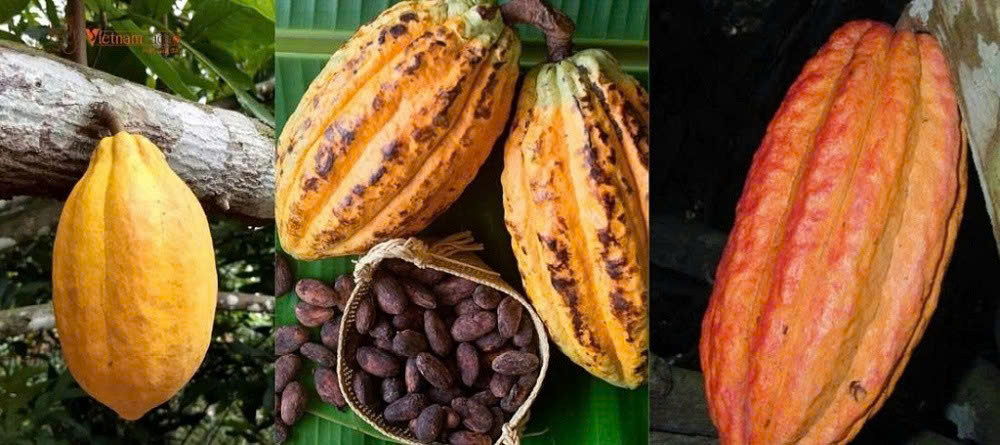
The Vietnam Trade Office in Sweden has issued an urgent warning regarding the European Union’s (EU) new sustainability regulations—especially those being strictly enforced in Northern European countries. These markets, known for their rigorous controls, are raising the bar not only for cocoa but also for Vietnam’s key agricultural exports such as coffee, pepper, cashew nuts, fruits, seafood, and processed goods containing agricultural ingredients. These products now face significant risk of being rejected if they fail to meet stringent standards on sustainability and traceability.
Cocoa: The First Test and a Crucial Lesson
Cocoa has become a focal point in the enforcement of the EU’s Deforestation Regulation (EUDR), which imposes strict traceability and supply chain transparency requirements. Failure to comply could result in products being rejected at EU ports—especially in Nordic countries. However, these regulations also present opportunities for businesses that take early and decisive action to implement sustainable practices.
The message from the Vietnam Trade Office in Sweden is more than just a warning for the cocoa sector—it serves as a serious wake-up call for all of Vietnam’s key export categories. Products lacking clear traceability or documentation proving environmental and labor standard compliance risk being denied entry at customs and excluded from global supply chains.
Even companies not directly affected by the new laws are facing growing pressure from EU partners who must ensure their entire supply chain meets shared sustainability standards. In today’s environment, transparency and sustainability are no longer competitive advantages—they are essential conditions for survival.
New Regulations Becoming the Norm
The EU is rolling out a wide range of sustainability-related policies. Among them:
- CSDDD (Corporate Sustainability Due Diligence Directive) requires large companies to be accountable for environmental and human rights compliance across their entire supply chain.
- EUDR mandates that products entering the EU must be proven free from links to deforestation.
- The EU Forced Labor Ban, expected to take effect in 2027, will apply to all goods sold in the EU market, regardless of origin or stage of production.
The common thread among these regulations is the demand for full and transparent traceability—an area where many Vietnamese businesses still fall short.
It is time for Vietnamese enterprises to reassess their entire supply chains, update compliance with new international standards, and establish robust environmental and social risk management systems. Preparing proper documentation to prove compliance will be key to reducing risks and ensuring Vietnamese exports remain competitive amid global regulatory shifts.
Source: haiquanonline
